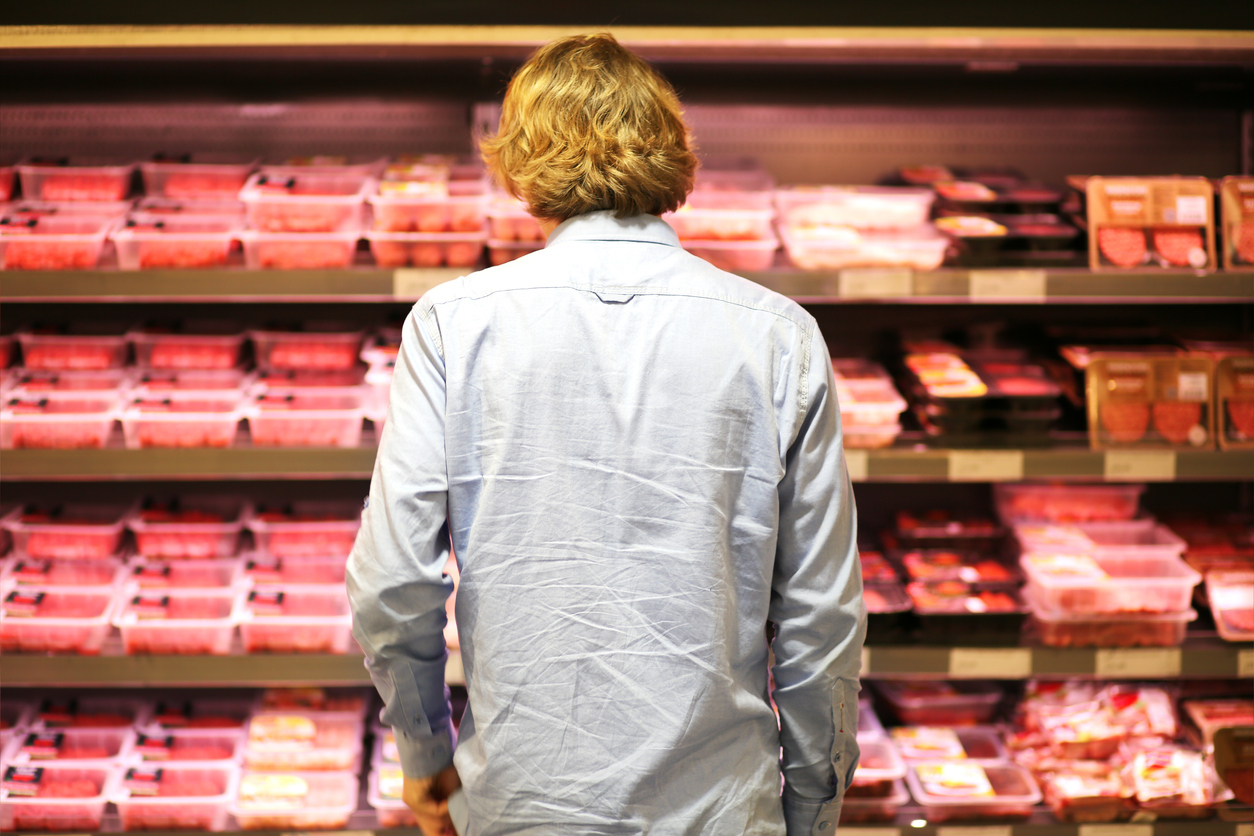Taxes: Farmers pay them, too

Recently, testimony in the state senate made headlines when the debate touched on the cost of farmers and ranchers doing business in Washington state.
When one senator claimed, “Number one, the ag producers in this state do not pay any taxes, none what so ever,” the fundamental urban misunderstanding of the agricultural community and the regulations it navigates through was exposed.
A senator with no experience farming could be forgiven for not having the expertise necessary to explain the finer points of the agriculture tax code in Washington. However, the fact that there is an “agriculture tax code” should alert everyone to a simple truth: farmers pay taxes.
There are sales tax exemptions for farmers in Washington state. The tax exemptions are meant to help offset the regulatory costs and burdens that farmers and ranchers contend with in our state.
Between commodity and animal inspections, consumer protections, chemical restrictions, labor requirements, and more, farmers and ranchers spend their professional lives entangled in a web of regulations.
If the state would like farmers and ranchers to pay more in taxes, then there needs to be less regulation about how they do everything from planting and raising to harvesting and marketing their products.
Farmers and ranchers are in the business of feeding Washingtonians and people around the world.
The food on grocery shelves was not made in the basement. The food bought at a farmer’s market was not trucked from elsewhere. The food at most restaurants was not grown in the back garden.
Farmers and ranchers pay taxes in the form of Business and Occupation (B&O) tax, transportation, and other fees. The sales tax exemption for farmers and ranchers purchasing items exclusively for on-farm use is one of the few ways to keep agricultural costs manageable.
The sticking point of B&O taxes in particular is a challenging one. As farms and ranches diversify to survive low commodity prices, B&O taxes become a part of their reality. Any farmer or rancher who branches out into the retailing of their products directly to consumers is subject to B&O taxes.
Ironically, many of the legislators who call for increased taxes on farmers would never think to increase sales taxes on those same foods. Whether food is taxed at the production level or at the cash register, the impact is the same.
If Washington state wants farmers and ranchers to pay taxes without increasing the cost of food on the shelves. There needs to be less regulation of farms and ranches.





